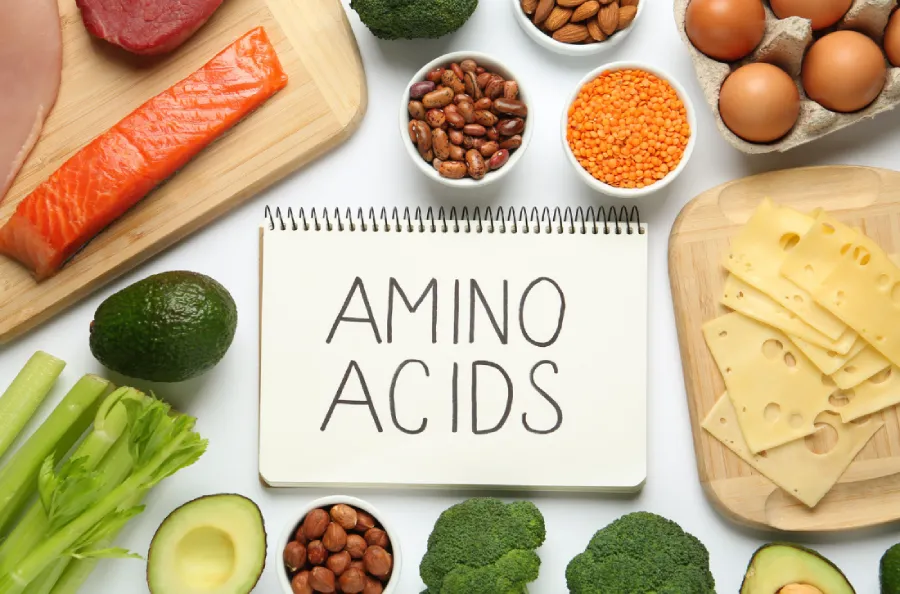Proteins are essential macronutrients vital for the growth, maintenance, and repair of our bodies. They consist of amino acids, the building blocks of life, which can be obtained from various dietary sources. However, not all proteins are created equal, and the quality of a protein source can significantly impact its nutritional value. The Digestible Indispensable Amino Acid Score (DIAAS) is a relatively new method for assessing protein quality that has gained attention in recent years. In this article, we’ll explore what DIAAS is, how it differs from other protein quality assessments, and why it matters for your diet.
What is DIAAS?
The DIAAS is a method for evaluating the quality of dietary proteins, particularly with respect to their ability to provide indispensable amino acids that the body cannot synthesize and must obtain from the diet. It was developed to address some of the limitations of the older Protein Digestibility Corrected Amino Acid Score (PDCAAS) method, which tended to overestimate the quality of certain protein sources, especially plant-based ones.
DIAAS takes into account not only the digestibility of a protein but also the amino acid composition and requirements of the human body. It measures the content and digestibility of each indispensable amino acid in a protein source, with a focus on the limiting amino acid, the one present in the smallest amount relative to the body’s requirements.
How Does DIAAS Differ from PDCAAS?
The primary difference between DIAAS and PDCAAS lies in how they evaluate protein quality. PDCAAS only considers protein digestibility, which can lead to overestimations of certain plant-based proteins’ quality because they do not contain some indispensable amino acids in sufficient amounts. DIAAS, on the other hand, assesses the digestibility of amino acids individually and considers the human body’s specific amino acid requirements.
This means that DIAAS can provide a more accurate reflection of protein quality, particularly for foods like legumes and cereals, which may have a lower PDCAAS but a higher DIAAS due to their amino acid profiles.
Why Does DIAAS Matter?
Understanding protein quality is crucial for meeting our nutritional needs. High-quality proteins provide a well-balanced array of amino acids and support growth, muscle repair, and overall health. DIAAS can help individuals, especially vegetarians and vegans, make informed dietary choices by identifying protein sources that meet their amino acid requirements more accurately.
It’s important to note that DIAAS is not the only factor to consider when evaluating protein sources. Other factors like bioavailability, dietary preferences, and overall nutrient content also play a role in making well-rounded nutritional choices.
In conclusion, the Digestible Indispensable Amino Acid Score (DIAAS) is a valuable advancement in the assessment of protein quality. It provides a more accurate representation of a protein source’s ability to meet the body’s amino acid requirements, helping individuals make informed dietary choices. While DIAAS is a significant step forward, it’s just one piece of the nutritional puzzle, and a well-balanced diet remains essential for overall health and well-being.


